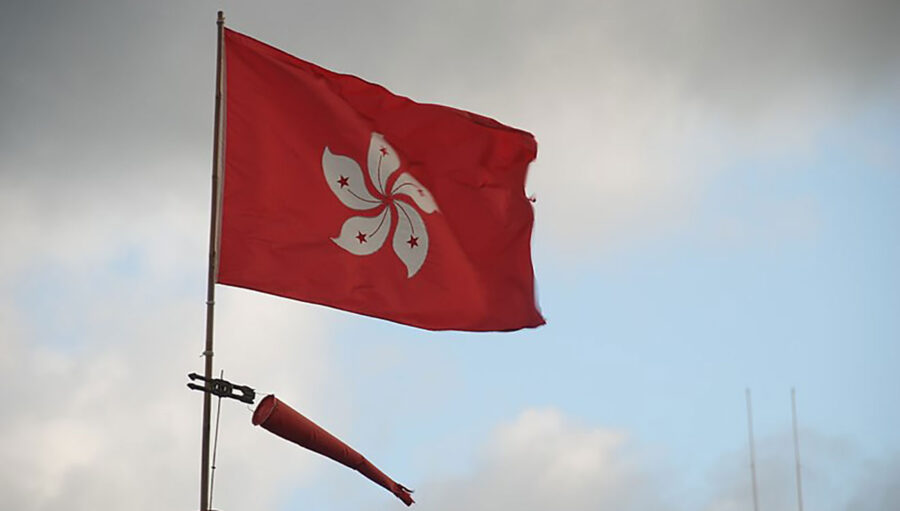Hong Kong authorities are introducing a series of amendments to the city’s Film Censorship Ordinance on grounds of national security, reported South China Morning Post.
The amendments announced on Tuesday by Edward Yau, Secretary of the Department of Commerce and Economic Development, will enable Hong Kong’s chief secretary to retroactively ban films that were previously approved.
The proposed amendments also include heavier punishment for the screening or exhibition of unauthorized films, including three years in prison, up from two earlier, and a fine of HK$1 million, up from HK$200,000.
The bill, which will be tabled at the Legislative Council on September 1, is a follow-up to the government guidelines for film censorship that were issued in June. The guidelines explicitly mention national security concerns among the points to be considered by the Film Censorship Authority when approving films.
Apart from keeping a check on newer films with these guidelines, the retroactive ban provision in the bill paves the way for the government to bar the screening of older films as well. This means that films like the 2015 dystopian anthology Ten Years, which portrays a bleak fictional future of Hong Kong under the rule of mainland China, could be banned now.
“Permits issued in the past do not have an expiry date, meaning that a movie can be screened again after its first screening, but the permit was approved before the existence of the national security law,” Tin Kai-man, spokesperson for the Federation of Hong Kong Filmmakers, told the Hong Kong Free Press, adding that the retroactive ability to revoke certification seemed to be the government’s attempt to “fill a loophole.”
“There might be a situation where someone will try to screen an old movie that might be in violation of the national security law, making the government passive and embarrassed in the matter,” he said.
The move comes in the backdrop of the civil disobedience movement that broke out in Hong Kong in 2019, and led to the passage of the national security law in June, 2020 amidst the Covid-19 pandemic. While the new law curbed the freedom of citizens in several ways, the entertainment sector remained untouched until early 2021, when a documentary screening of a student protest was cancelled in March on the grounds that it “blatantly spreads messages of police-hating, anti-society and even subversion.”
Recommended
Despite such instances, Tin Kai-man told the HKFP that the amendments will provide clearer and more specific guidelines and added that it will create a “sense of vigilance” within the film industry.
The amendments will also grant powers to the Film Censorship Authority to enter and search any premises without a warrant to prevent the unauthorised screening of films.
In addition to this, the bill rules out the usual appeal process through the Board of Review (Film Censorship) against any decisions made by censors on the grounds of national security.
“Because it is related to national security, we feel that the situation will exceed the areas of the board as they may not have the professional capability to deal with it,” said Yau, whose office will be able to delay the clearing of films for up to 28 days.
However, filmmakers can still appeal to courts for a judicial review.



